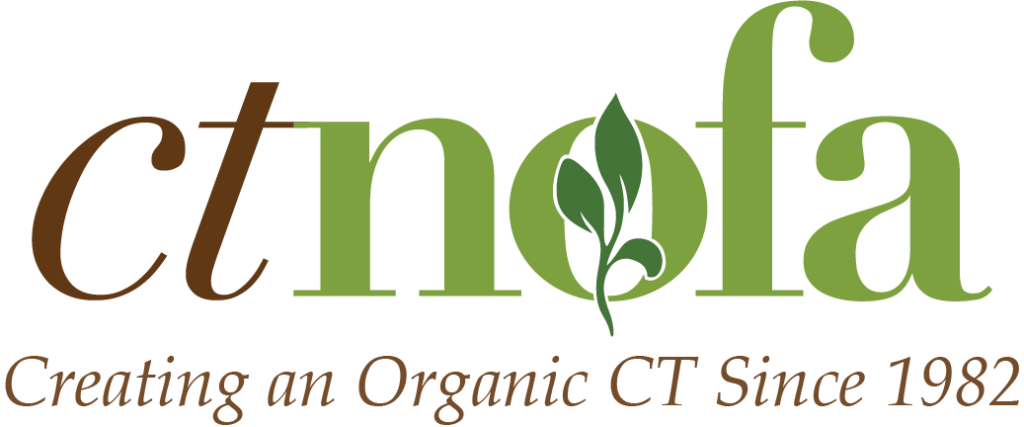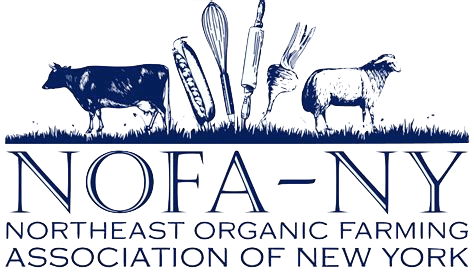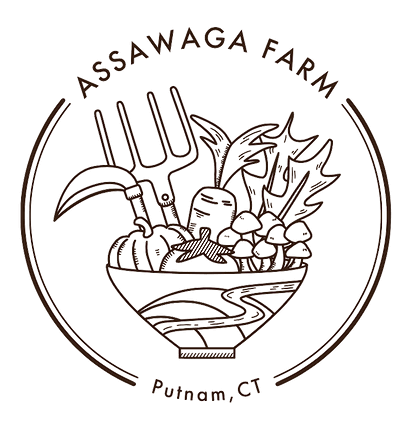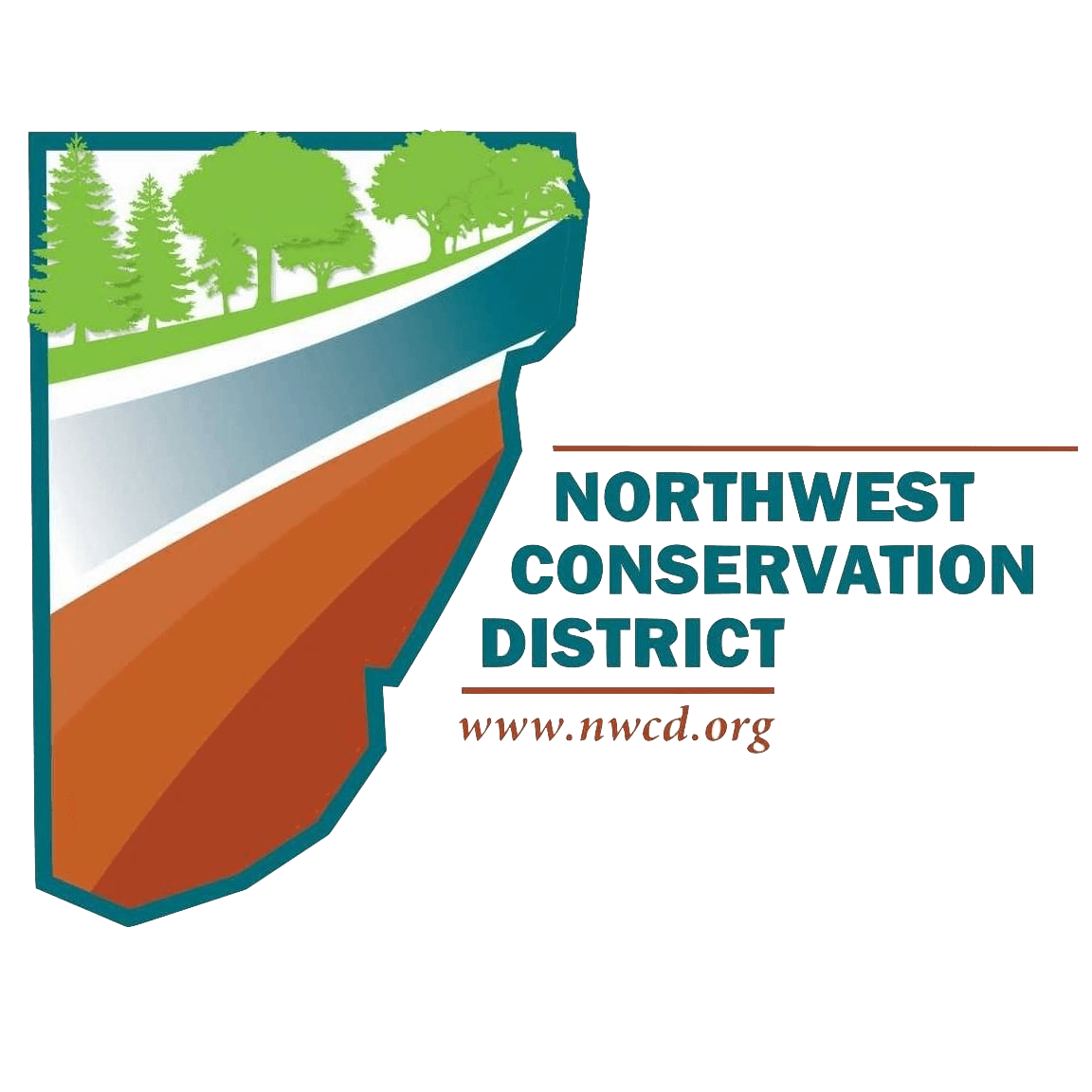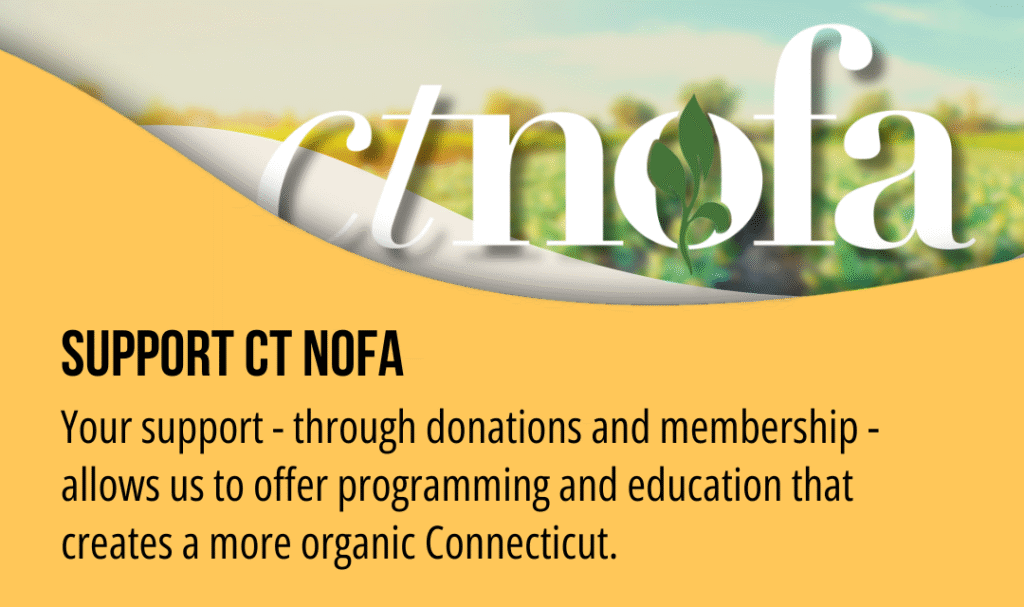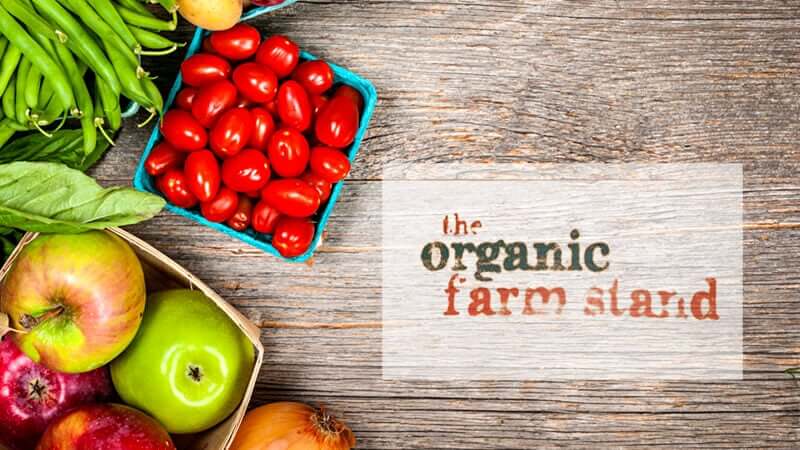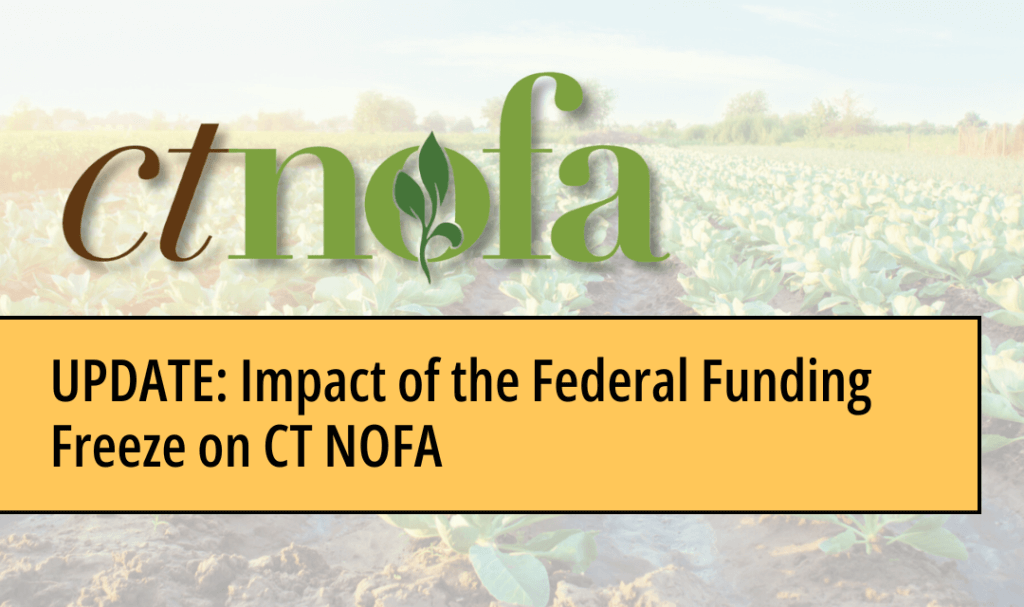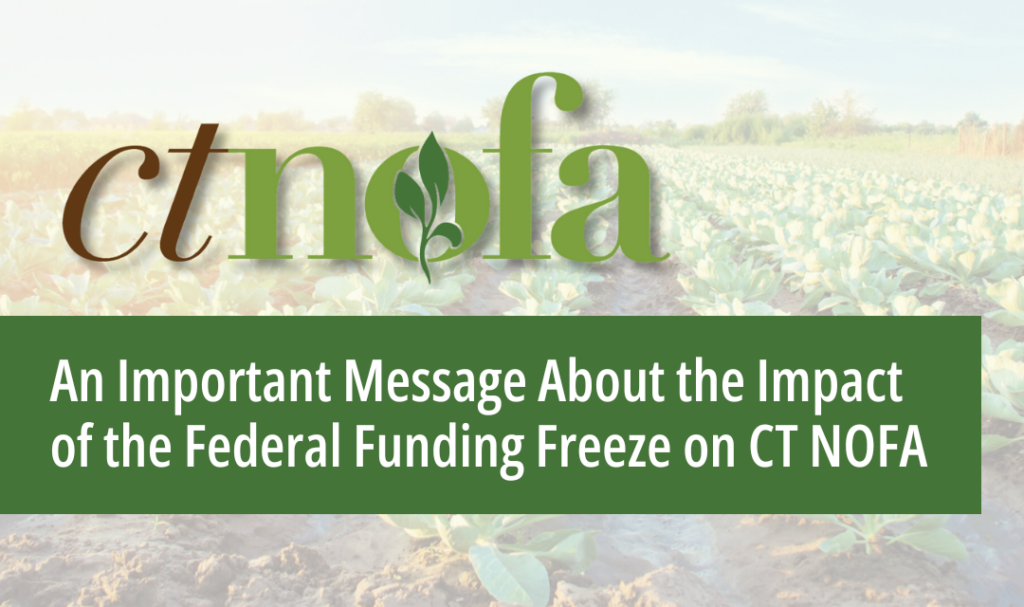
Soil Health
The Problem
Dangerous levels of carbon in Earth’s atmosphere derive not only from burning fossil fuels, but also from land use changes. Estimates suggest that agriculture is responsible for one quarter of greenhouse gas emissions globally.
Our Response
Farmers can and must be part of the solution to climate change. With changes to farming, ranching and gardening practices, we can reverse the global trend of soil carbon losses and instead return atmospheric carbon back to the soil. Building soil carbon and soil health increases the profitability and climate resilience of farms by making soils more drought and erosion resistant while reducing input needs. And, it is a climate change mitigation strategy that simultaneously increases the security of our watersheds, ecosystems and food systems.
Microscopy Testimonials
CT NOFA Trainings
No events currently scheduled
Community Trainings
No events currently scheduled
Soil Health Training Interest Form
Want to be the first to know about future CT NOFA soil health and microscopy courses? Please fill out this form to indicate your preferred areas of interest and we'll get in touch with you as new courses and trainings become available.
Soil Health Program News & Updates
Soil Health Archival Resources
permaculture with sefra alexandra
September 2nd, 2022
Soil Health at Hillandale Farm
October 27th, 2022
Sub-Edge Farm Field Day
May 25th, 2021
Assawaga Farm Field Day
September 20th, 2021
Assawaga Farm Field Day
May 30th, 2020
Massaro Community Farm Field Day
September 29th, 2020
